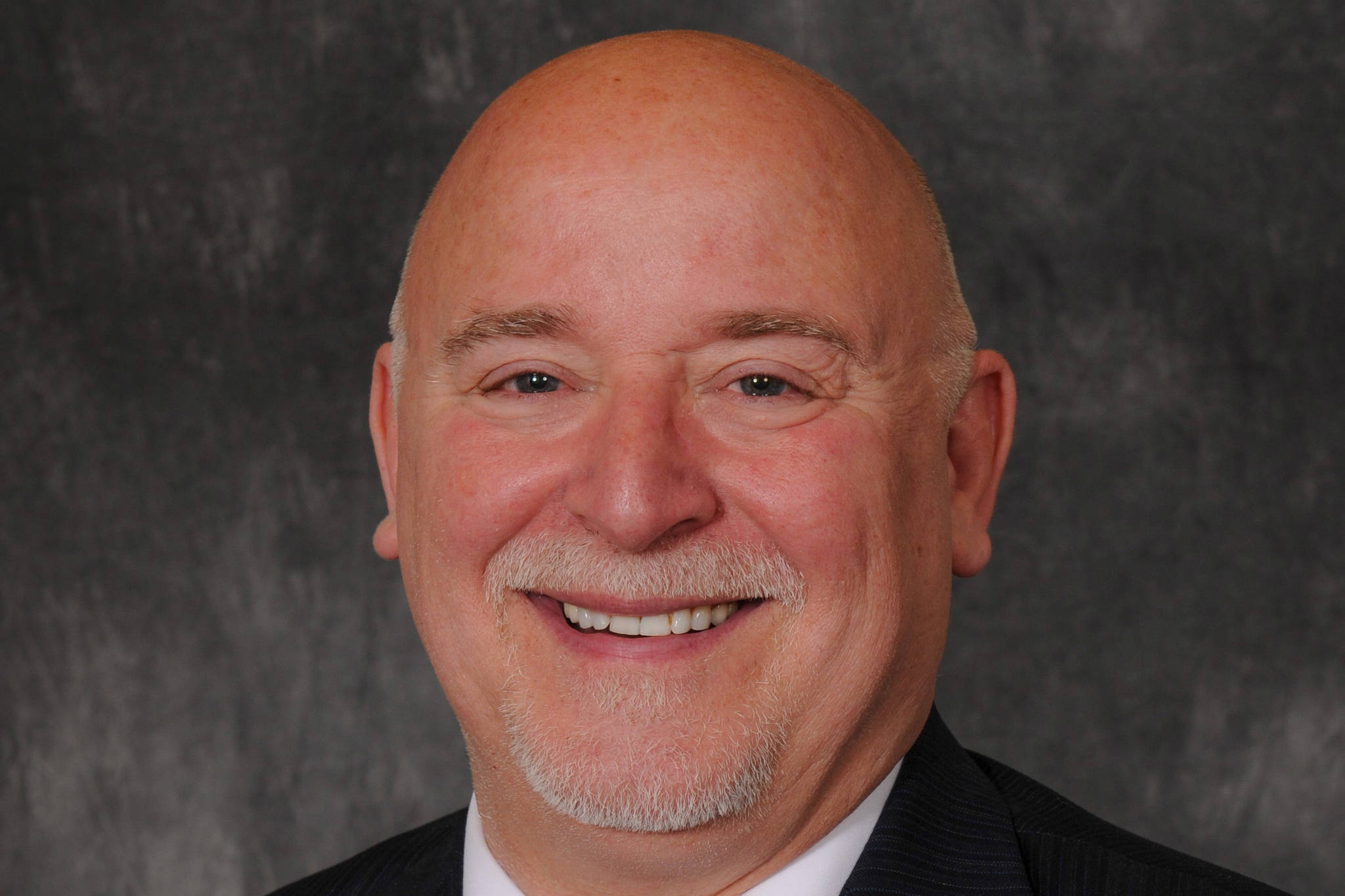The Fair Share Act will be Ballot Measure No. 1 this November. It will (1) only apply to our three largest and most profitable oil fields, (2) increase Alaskans’ share of revenues from our three major fields, (3) limit cost deductions from our share of our three major fields to the costs of producing oil from them, and (4) require production tax filings for our three major fields to be public. This article details these provisions and explains why they are important for Alaska’s future.
Applicability: The Fair Share Act will only apply to the Prudhoe Bay Unit (Prudhoe Bay), the Kuparuk River Unit (Kuparuk), and the Colville River Unit (Alpine). These three major fields are low-cost, high-profit fields that should be paying Alaskans a fair share. In 2018, for example, when oil was $63.61 per barrel, Prudhoe Bay produced oil for $13 per barrel in operating costs, $2 per barrel in capital costs, and $8 per barrel in transportation costs — or about $23 per barrel in total. The resulting $40.61 per-barrel, pre-tax profit is more than the major producers made anywhere else in the world with major reserves.
Importantly, the Fair Share Act will not apply to other fields until they produce 40 thousand barrels per day and 400 million barrels in cumulative total. As a result, it will not impact the development of new fields in Alaska.
Increases Alaskans’ Share: The Fair Share Act increases Alaskans’ share of production revenues from our three major fields by about $1 billion per year when oil prices are normalized in the $55-$65 per barrel range.
Under the current law, Senate Bill 21 (SB21), Alaska is getting a smaller share of production revenues than ever in our history and a smaller share than any other major resource owner in the world. Alaskans’ share of production revenues after credits collapsed from $19 billion (2009-2013) before SB21 to less than $0 (2015-2019) after SB21. Since SB21, Alaskans have paid the producers more in cashable credits than we have received in production revenues. A $1 billion per-year increase is more than fair to the major producers. With this increase, the major producers will actually be paying less on average than they have paid for the past three decades before SB21.
Production revenues are the greater of a gross or a net calculation. The gross calculation is based on a percentage of the gross value at the point of production after subtracting transportation costs and profits to the West Coast. The Fair Share Act makes two changes to the SB21 gross calculation for our three major fields. First, it increases Alaskans’ minimum share from 0-4% to 10%. Second, it makes the new 10% rate progressive by adding an additional 1% for each $5 increase in the price of oil beginning at $50 per barrel, up to a maximum of 15% when the price of oil reaches $70 per barrel or more.
The net calculation is based on a percentage of the production tax value (gross revenues less allowed costs and credits) realized at the point of production, less transportation costs and profits to the West Coast. The Fair Share Act makes two changes to the SB21 net calculation for our three major fields. First, it increases Alaskans’ share by eliminating the $8-per-barrel credit. Second, it makes the current 35% rate progressive by adding an additional 15% when producers’ profits reach $50 per barrel or more.
Limits Deductions: The Fair Share Act requires that the costs deducted from the revenues of our three major fields be related to producing oil from them. Under SB21, the major producers are deducting unrelated costs for developing future prospects on federal lands from our share of our three major fields. As a result, our share will decline and the state deficit will increase by $300 million per year for most of the next decade. The Fair Share Act will put legacy producers in the same competitive position as new producers and require the costs of the new fields to be deducted from the revenues of new fields.
Transparency: The Fair Share Act requires production tax filings for our three major fields to be public and transparent. Under SB21, Alaskans are kept in the dark while the wealth from our three major fields is being taken from Alaska. As owners, Alaskans are the stewards of hundreds of billions of dollars of oil resources, and we have the right to know the revenues, costs, and profits from our three major fields.
A Necessary Part of Any Deficit Solution: To more fully fund PFDs, jobs, education, universities, ferry service, police and fire, and essential services, Alaska needs additional revenues. Recovering a fair share from our oil is the first place Alaskans should look to provide those revenues. It makes no sense whatsoever to continue to give away our oil to major international oil companies and then tax ourselves to get back the revenues we just gave away. The Fair Share Act is a fair and necessary part of any long-term solution to the state deficit. Vote “Yes” on Ballot Measure No. 1 — the Fair Share Act.
Robin Brena is a lifelong Alaskan who is an oil and gas attorney and founding member of the law firm Brena, Bell & Walker. He is also the Chair of the Vote Yes for Alaska’s Fair Share.
• By Robin Brena

